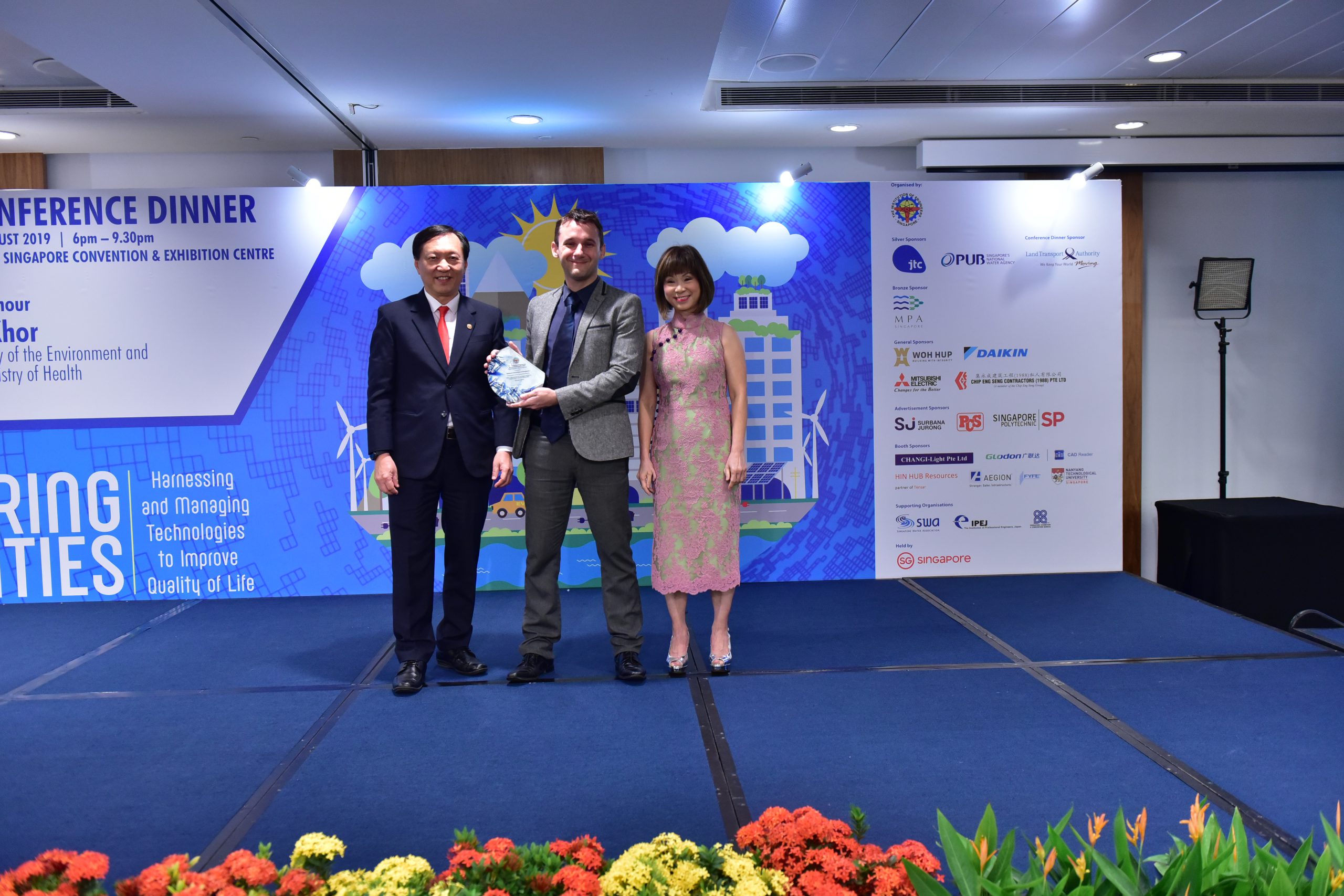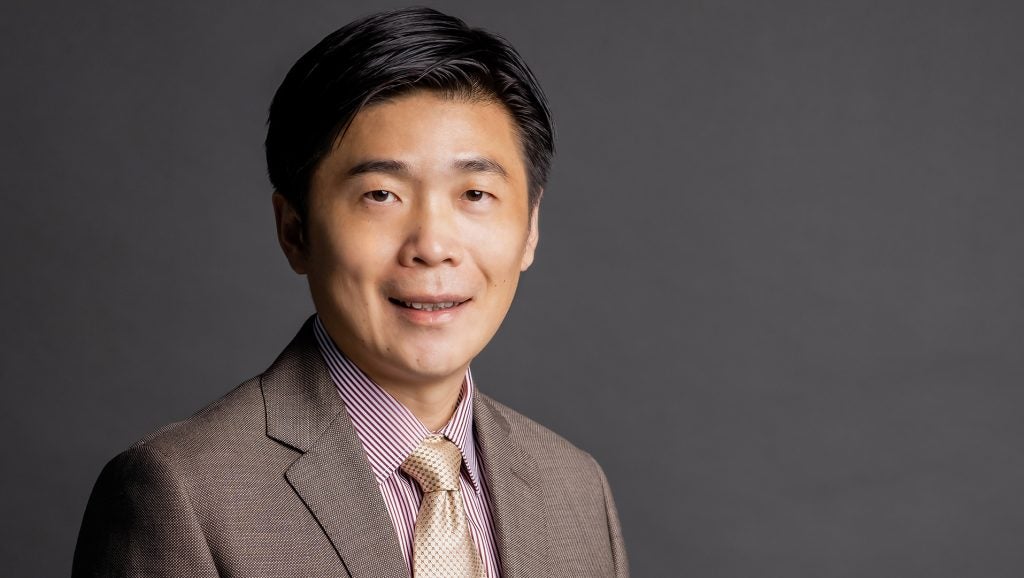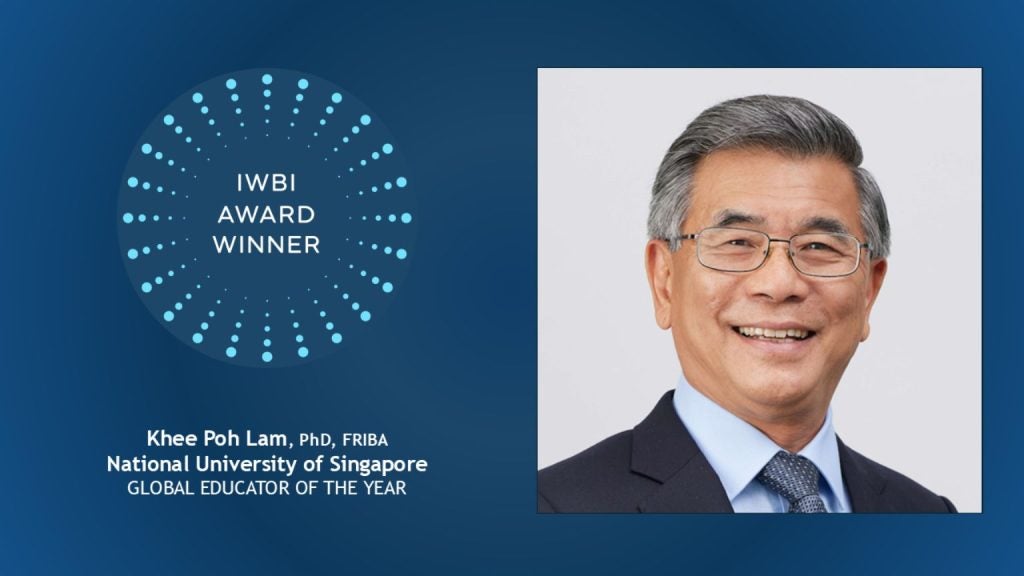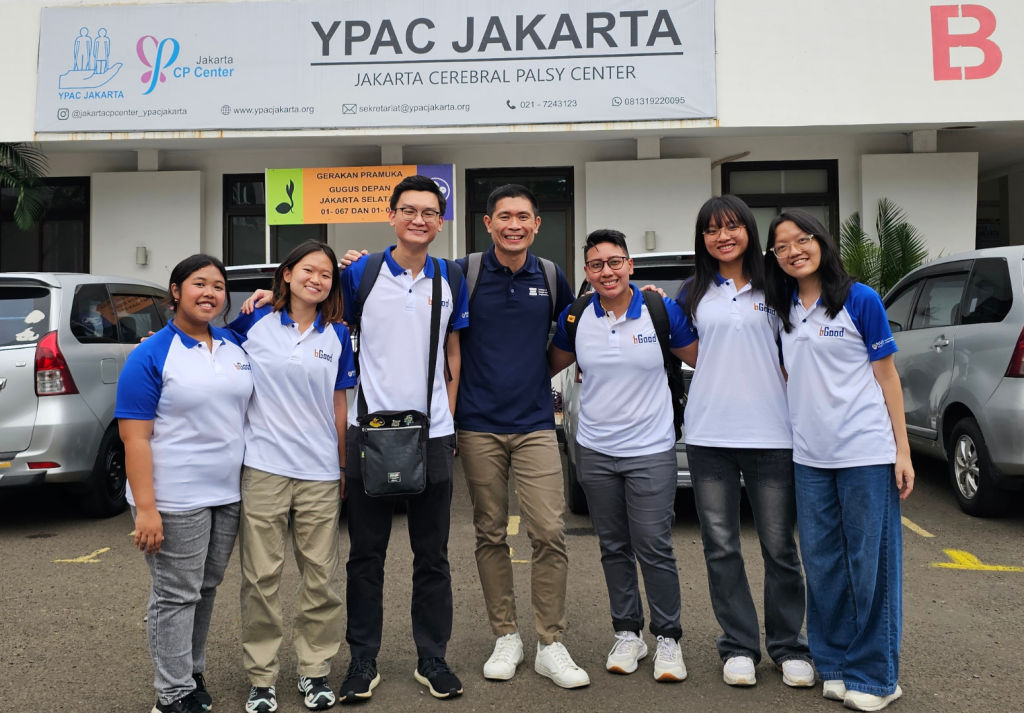The winning projects of the IES Prestigious Engineering Achievement Awards 2019 were presented at the World Engineers Summit (WES) 2019 Conference Dinner held on 29 August 2019 at the Suntec Singapore Convention and Exhibition Centre.
This year's six winning projects demonstrated excellence in tackling pressing issues of climate change and urbanisation with technological innovations to reduce carbon emissions; enhance energy and water resilience and improve waste management efficiency.
Two projects from the Faculty won the IES Prestigious Achievement Awards. They are:
Technology Innovation:
Next generation of hybrid air conditioners for tropics - cooling with heat by Associate Professor Chua Kian Jon, Ernest (NUS Mechanical Engineering) and his industrial collaborators, Ecoline Solar Pte Ltd.
Associate Professor Chua and Ecoline Solar had jointly developed a new generation of highly innovative hybrid solar-thermal air conditioners - an unconventional electrical compression machine that uses heat from the Sun and ambient surrounding to ease the electrical load of the energy-guzzling compressor.
Some of the key benefits of the innovative hybrid air conditioner include:
(1) Increased sustainability and reduction in greenhouse emissions due to the absorption of the sun's and ambient free energy;
(2) Compared to some of the best inverted air conditioning systems in the market, the hybrid system realizes significant reduction in energy consumption spanning 30% to 55% with general return-on-investment of less than 2 years for the premium incurred;
(3) No additional moving parts and small footprint incurred for the solar heat collector; and
(4) Peak demand reduction - the hotter the sun, the more efficient the system becomes, hence offering more savings for consumers.
This collaborative project between Associate Professor Chua and Ecoline Solar clearly demonstrates how research done in NUS's laboratories can immediately impact applications and help industries to become more competitive and value adding to their customers.
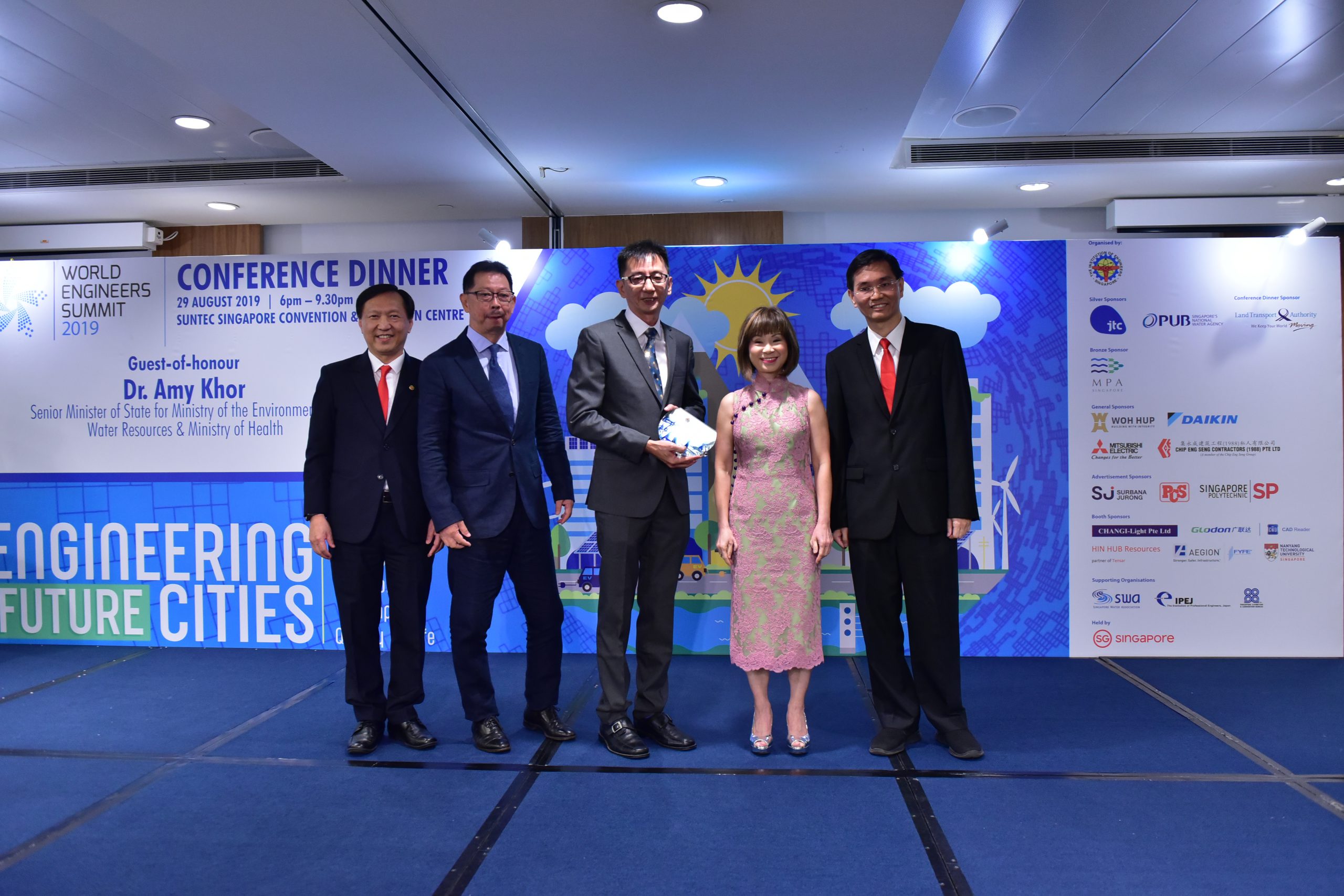
Applied Research and Development:
EWaT - Electrochemical treatment targeted at "hard-to-treat" industrial wastewater by Assistant Professor Olivier Patrick Lefebvre (NUS Civil and Environmental Engineering)
Wastewater electrochemical oxidation is the new frontier to support a green economy based on "zero-waste" and sustainability-oriented industry. The reagent for purification is produced within the waste itself using electricity instead of chemicals and with no harmful emission
Assistant Professor Lefebvre's proprietary graphene electrode can treat all kinds of real "hard-to-treat" wastewater, including chemical, electronics, pharmaceutical and waste sludge, for which there is no gold standard.
